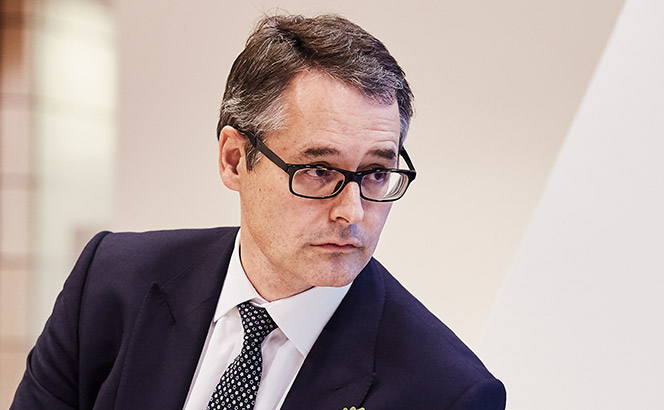Having been plagued by allegations of cover-ups in the high profile phone hacking scandal, former News International adviser Lawrence Abramson has been found in breach of the Solicitors Practice rules by the Solicitors Disciplinary Tribunal (SDT) on one out of three accounts, while all allegations against the newspaper group’s former legal director Jonathan Chapman have been dismissed.










